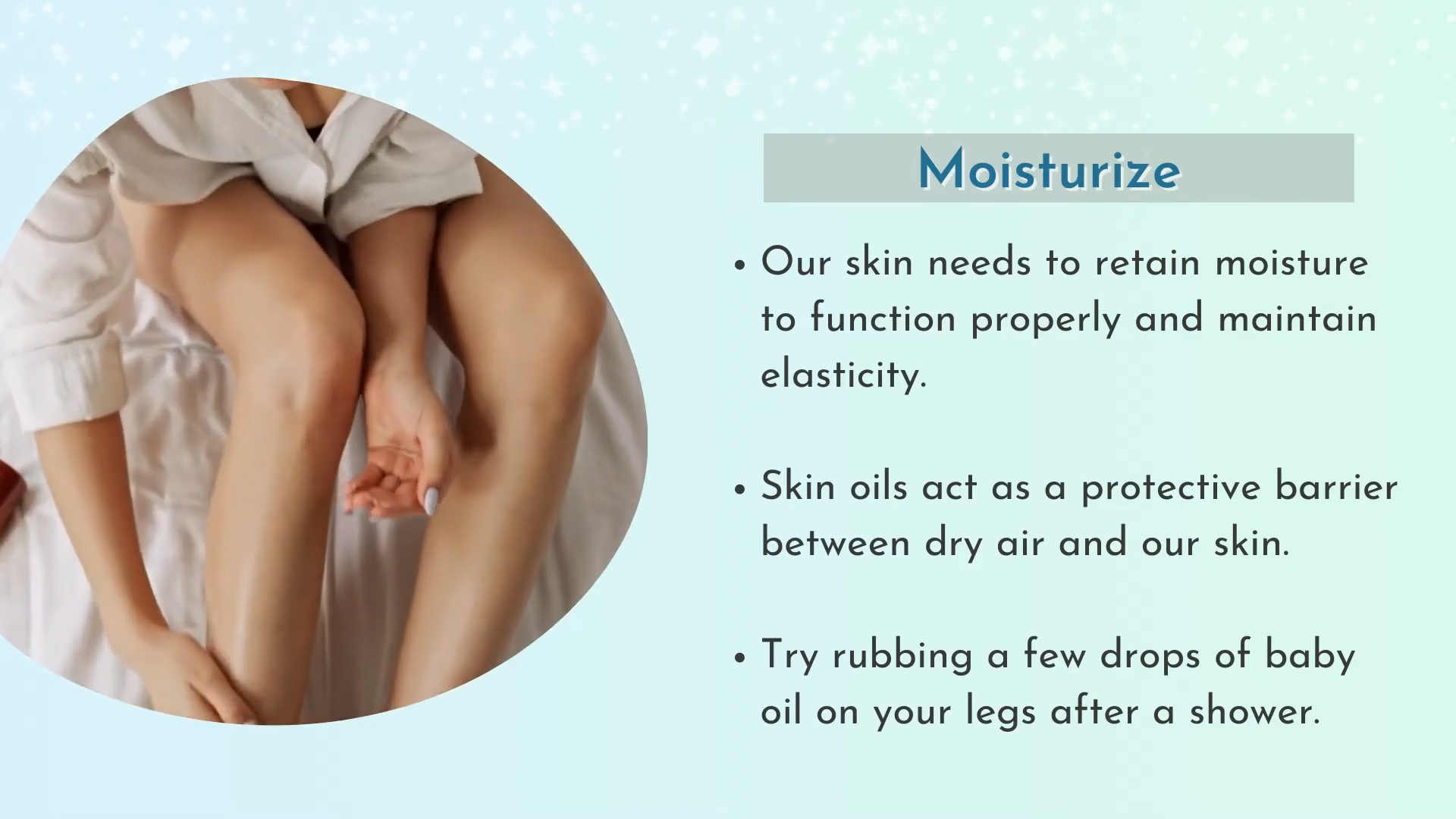Psoriasis is a chronic autoimmune disease that causes skin cells to grow too quickly, resulting in red, scaly patches. While there’s no cure for psoriasis, various treatment options can help manage symptoms and improve quality of life. Effective management often involves a combination of medical treatments, lifestyle changes, and self-care strategies.
Understanding the nature of psoriasis is crucial for effective management. It’s important to be aware of the triggers that can exacerbate symptoms, such as stress, certain medications, and infections. By identifying and avoiding these triggers, individuals with psoriasis can reduce the frequency and severity of flare-ups.
What are the Symptoms of Psoriasis?
The most common symptom of psoriasis is the appearance of red, scaly patches on the skin. These patches may be itchy or painful and can vary in size and location. Other symptoms may include joint pain and stiffness, a thick, pitted nails, and a sore, inflamed scalp.
What Causes Psoriasis?
The exact cause of psoriasis is unknown, but it is believed to be a combination of genetic and environmental factors. The immune system plays a key role in psoriasis, as it mistakenly attacks healthy skin cells. Triggers such as stress, smoking, certain medications, and infections can exacerbate symptoms.
1. The Role of the Immune System in Psoriasis
The immune system plays a central role in psoriasis. In individuals with psoriasis, the immune system mistakenly attacks healthy skin cells, causing inflammation and rapid skin cell growth. This leads to the characteristic red, scaly patches associated with the condition.
2. Environmental Triggers of Psoriasis
Several environmental factors can trigger or worsen psoriasis symptoms. These include stress, smoking, excessive alcohol consumption, certain medications, and skin injuries. Identifying and avoiding these triggers is an important part of managing psoriasis.
Treatment Options for Psoriasis
Topical treatments are often the first choice for managing mild to moderate psoriasis. These medications are applied directly to the affected skin and come in various forms like creams, ointments, and lotions. They work by reducing inflammation and slowing down the rapid skin cell growth associated with psoriasis. Common options include corticosteroids, which help to reduce redness and itching, and vitamin D analogs that regulate skin cell production.
While topical treatments can effectively manage mild to moderate psoriasis, they may not be sufficient for more severe cases. Factors such as the extent of the affected area, the thickness of psoriasis plaques, and individual skin sensitivity can influence the effectiveness of topical medications. In cases where topical treatments fail to provide adequate relief, healthcare providers may recommend systemic therapies or light therapy to manage psoriasis symptoms more comprehensively.
Systemic Treatments and Light Therapy
For individuals with moderate to severe psoriasis, systemic treatments and light therapy may be necessary. Systemic treatments, such as oral medications and biologic drugs, work by suppressing the immune system to reduce inflammation throughout the body. Light therapy, also known as phototherapy, involves exposing the skin to ultraviolet light, which can slow the growth of skin cells. The choice of systemic treatment or light therapy will depend on the specific needs of the individual and the severity of their psoriasis.
Lifestyle Changes for Managing Psoriasis
Stress can be a significant trigger for psoriasis flare-ups. Incorporating stress management techniques into your daily routine can help to reduce the severity and frequency of these flare-ups. Practices such as meditation, yoga, and deep breathing exercises can help to calm the mind and body, reducing inflammation and promoting overall well-being. Additionally, engaging in hobbies and activities that you enjoy can help to alleviate stress and improve your mood.
Maintaining a healthy lifestyle can have a positive impact on psoriasis management. Factors such as diet, exercise, and weight management play a crucial role. A balanced diet rich in fruits, vegetables, and whole grains can help to reduce inflammation. Regular physical activity, such as walking, swimming, or cycling, can boost the immune system and reduce stress. Additionally, quitting smoking and limiting alcohol consumption can help to improve overall health and reduce the severity of psoriasis symptoms.








